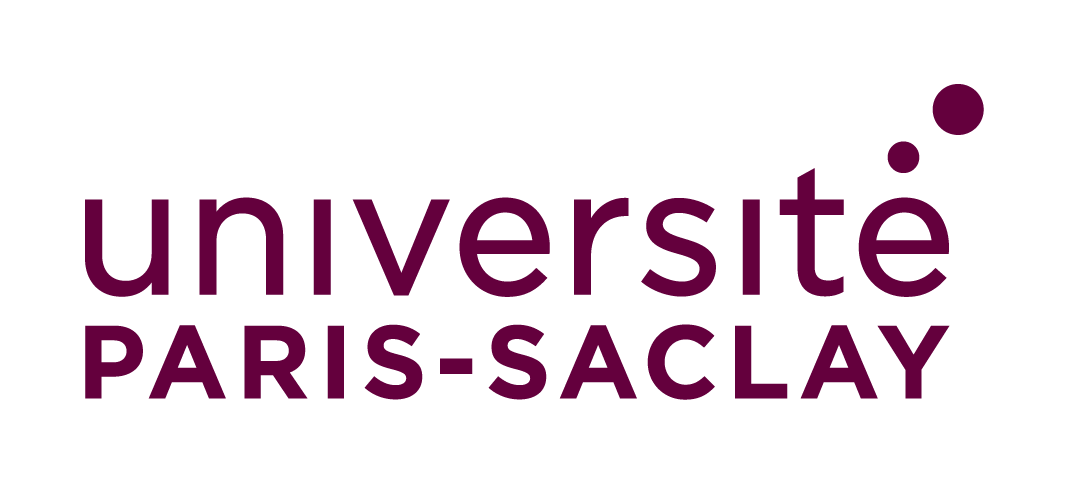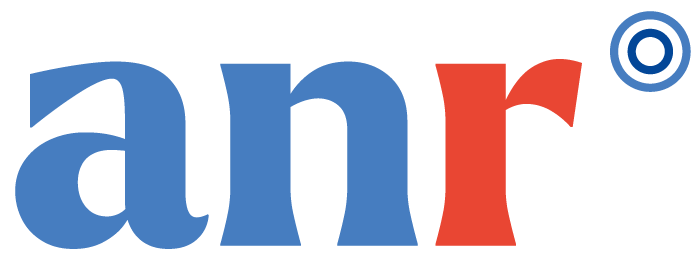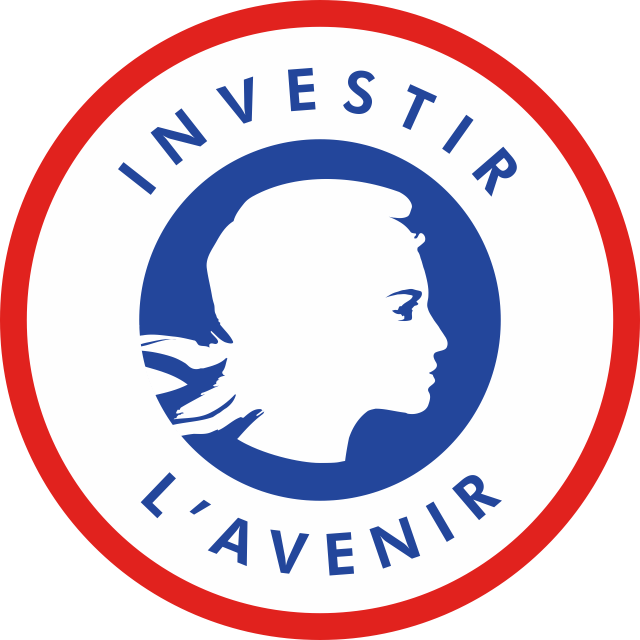Emerging Challenges in Large Scale Soil Carbon Sequestration
Date : October 8th to 10th 2018
Location : AgroParisTech premises - Rue Claude Bernard 5th arr. Paris, France
Increasing the soil organic carbon stocks has been widely recognized as a promising avenue of land based mitigation measure to reduce the impact of climate change. The “4 per mil” initiative launched by the French Ministry of Agriculture in 2015 in preparation for the Paris climate conference of the United Nations Framework Convention on Climate Change is a prime example. However, increasing soil carbon stocks is not straightforward and implies ambitious land management policies, in particular to increase organic matter inputs to soils or to reduce soil losses for instance via erosion and sealing. Modifying land management practices to increase soil carbon stocks has several associated impacts that might offset the benefit of the extra carbon stored to mitigate climate change. For instance, increasing reliance on organic fertilizers may induce higher N2O emissions. Moreover, soil organic carbon increases may be constrained by nutrient availability (e.g. N, P) to produce the biomass and to maintain stoechiometric ratios within a realistic range. Finally, technical, social and economic barriers may hamper the deployment of practices, often only tested so far at the plot scale, to farm or larger scales.
This workshop provided a unique opportunity for research scientists, engineers, and students to share information and ideas about the constraints of implementing the 4 per mil initiative without generating negative impacts on the environment and on farms sustainability: GHG balance of managed ecosystems, availability of nutrients and water and consequences on nutrient dynamics and cycling. The workshop analysed and proposed ways to improve the technical and economic feasibility of large scale soil C sequestration to comply the objectives of the 4p1000 initiative. The objective was to review current knowledge on these issues and the findings from the workshop were reported in a scientific paper to which participants are invited to contribute.



